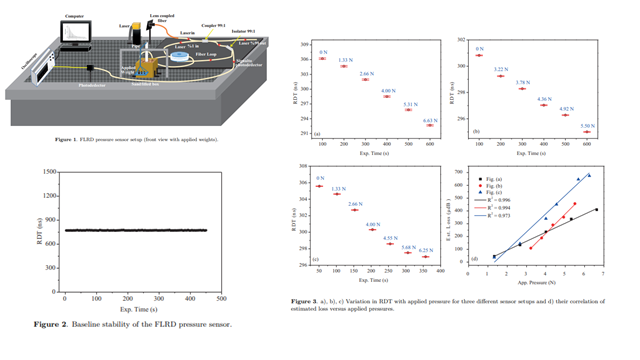Bath temperature effect on nanostructured Ni-Co/ITO thin films
- Dec 26, 2022
- 1 min read
This work investigates the role of the temperature of the bath on the structural properties, coercive force, surface morphology and surface texture of the electrochemically produced binary Ni–Co/ITO deposits in detail and presents the first results.

This work investigates the role of the temperature of the bath on the structural properties, coercive force, surface morphology and surface texture of the electrochemically produced binary Ni–Co/ITO deposits in detail and presents the first results. It was found that the Ni/Co ratio of the deposit structure was not affected by increasing bath temperature. All resultant Ni–Co thin films comprising 19.5–20 wt% Co and 80–80.5 wt% Ni displayed a slightly anomalous co-deposition behavior. In all deposits, the crystallographic phase structure was the face-centered cubic with the [111] out-of-plane texture. Raising bath temperature gave rise to an improvement in the crystallization and an increment in the crystallite size. The roughness of the surface structure and the size of the surface particles first decreased with increasing bath temperature from 22 to 32 °C and then increased with further increase in the bath temperature. From the surface texture analysis, it was understood that increasing bath temperature did not affect the nature of the surface texture. When the bath temperature was 32 °C, the deposit exhibited the lowest coercive force. The results also indicated that the surface roughness and the particle size were predominant factors on the coercive force.







Comments